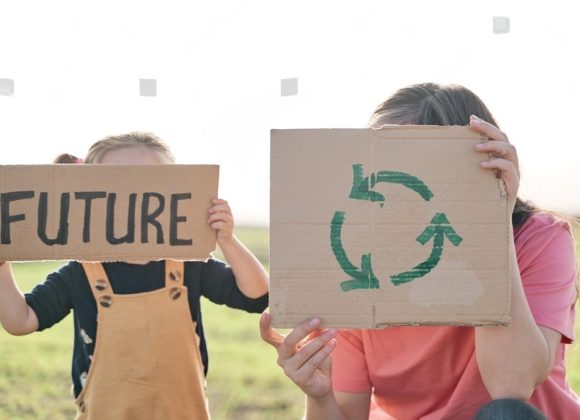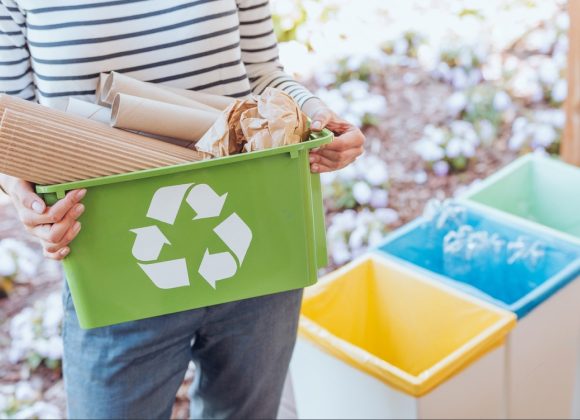Recycling is not just a matter of environmental responsibility; it also involves understanding the human psyche and how people perceive, engage with, and act on recycling behaviors. As we strive to build a more sustainable future, it is essential to explore the psychology behind recycling and identify effective strategies to encourage widespread participation. This blog delves into the intricate world of “The Psychology of Recycling,” uncovering the factors that influence recycling behaviors, the barriers that hinder progress, and the psychological interventions that can promote positive change.
- The Theory of Planned Behavior: Unraveling Recycling Intentions:
- Understanding Behavioral Intentions: How attitudes, subjective norms, and perceived behavioral control influence recycling decisions.
- Translating Intentions into Actions: Analyzing the gap between intending to recycle and actually doing it.
- Empowering Positive Intentions: Strategies for aligning recycling intentions with consistent behaviors.
- Nudging for Sustainable Choices:
- The Power of Nudges: Exploring how subtle changes in the environment can lead to significant shifts in recycling behavior.
- Designing Nudge Interventions: Innovative examples of using nudges to promote recycling in public spaces, offices, and homes.
- The Ethical Implications: Balancing persuasion with respect for individual autonomy in recycling nudges.
- Cognitive Biases and Recycling Decisions:
- The Influence of Anchoring and Framing: How presenting information can shape perceptions of recycling’s value and effectiveness.
- Loss Aversion and Recycling: Understanding how the fear of loss can impact recycling habits.
- Overcoming Biases: Strategies for mitigating cognitive biases to encourage more sustainable choices.
- Social Norms and Recycling Culture:
- The Power of Social Influence: How observing others’ recycling behaviors can shape our own actions.
- Norm Activation Theory: Exploring how positive messaging and social cues can cultivate a recycling culture.
- Creating Recycling Champions: The role of influential individuals in inspiring others to adopt recycling practices.
- Psychological Barriers to Recycling:
- The Convenience Dilemma: Addressing the impact of convenience on recycling participation.
- Emotional Barriers: Recognizing the emotional responses that hinder recycling, such as guilt or indifference.
- Knowledge Gaps: Identifying misconceptions and lack of awareness as obstacles to recycling engagement.
- Effective Communication and Education:
- Framing Recycling Messages: Tailoring communications to resonate with diverse audiences and motivations.
- Promoting Environmental Identity: Fostering a sense of connection to nature and the planet to drive recycling behavior.
- Integrating Recycling Education: The importance of incorporating recycling education into schools and community programs.
Conclusion: The psychology of recycling unveils a complex web of attitudes, beliefs, and motivations that influence our recycling behaviors. By understanding these psychological drivers and barriers, we can develop targeted interventions and strategies that empower individuals and communities to embrace recycling as a fundamental aspect of sustainable living. From subtle nudges to comprehensive education, the power to foster positive change lies within us all. Together, let us unlock the potential of “The Psychology of Recycling” to build a more conscious, eco-friendly world for current and future generations.





